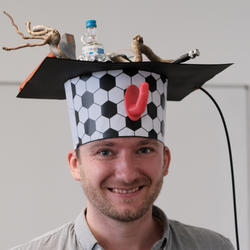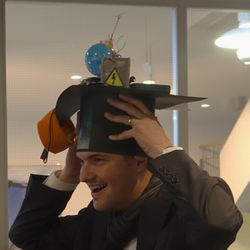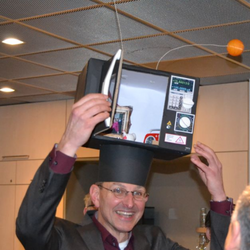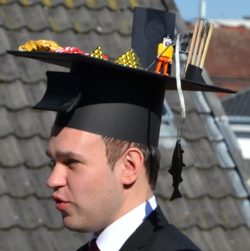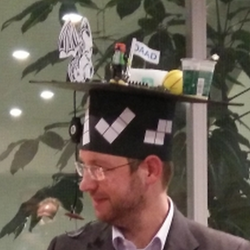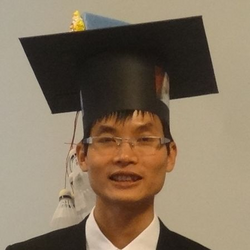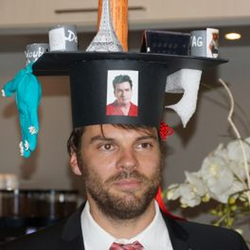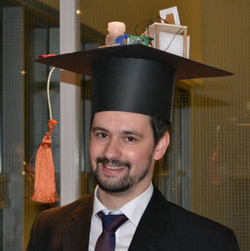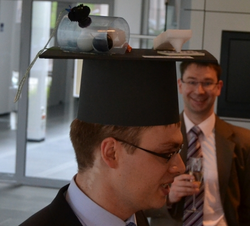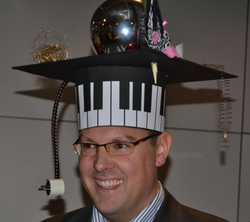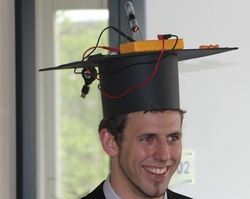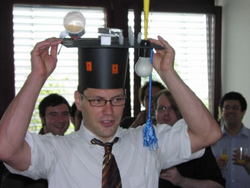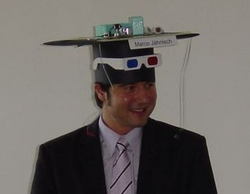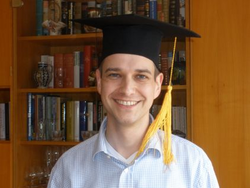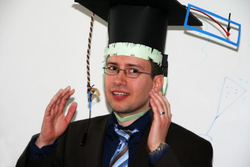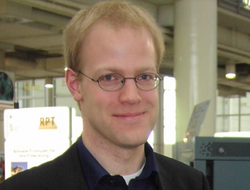Contact
About us
“What I want to talk about is the problem of manipulating and controlling things on a small scale” stated Richard P. Feynman at the beginning of his visionary talk “There's Plenty of Room at the Bottom” half a century ago. The problem identified by Feynmann turned out to be a very difficult one because of a lack of understanding of the underlying phenomena of the nanoworld and because of a lack of suitable nanohandling methods. Controlled, reproducible handling on the nanoscale will enable high-throughput manufacturing of revolutionary products and open up new application fields. The ultimate goal of our research work is the development of automated nanomanipulation approaches to address high-throughput fabrication and characterization of micro- and nanosystems. These activities include the investigation of application-specific nanohandling strategies; the investigation of suitable sensing technologies; the development of advanced control approaches; as well as the development of new nanohandling robots and tools. Especially the automated nanohandling inside a scanning electron microscope (SEM) and the use of an atomic force microscope (AFM) as a nanorobot are very promising approaches.
AMiR offers courses in five different areas: microrobotics and microsystem technology (microfabrication, actuators, sensors, microsystems, applications), nanohandling and automation, neural networks and fuzzy logic for robotics and automation, FPGA-based hardware design, microwave engineering, as well as control engineering. These courses are provided primarily for students of computing science and physics, contributing to an application-oriented course program at the interface of electrical engineering, advanced robotics, physics and computing science.
The Division of Microrobotics and Control Engineering (AMiR) was founded by Prof. Dr.-Ing. Sergej Fatikow in 2001. The division employs today over 20 research assistants, including mechanical and electrical engineers, physicists and computer scientists. The division has wide experience in joint research projects within international and German research programs related to versatile micro- and nanorobotics as well as to automated nanohandling and nanocharacterization. Most of the projects have been initiated and coordinated by AMiR.




